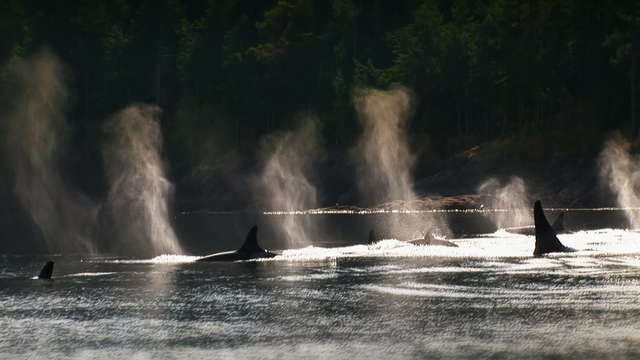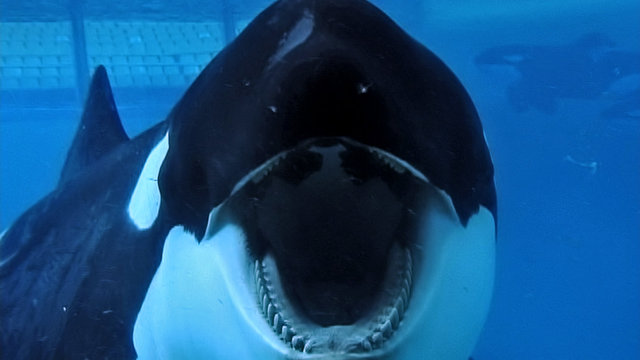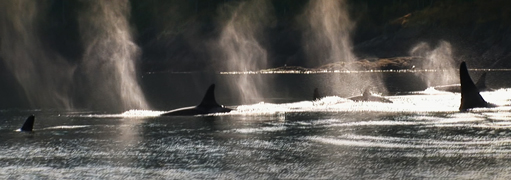Film Review: Environmental Documentary Blackfish Unfolds Like A Marine Murder Mystery
Environmental Documentary Unfolds Like Marine Murder Mystery



Latest Article|September 3, 2020|Free
::Making Grown Men Cry Since 1992


